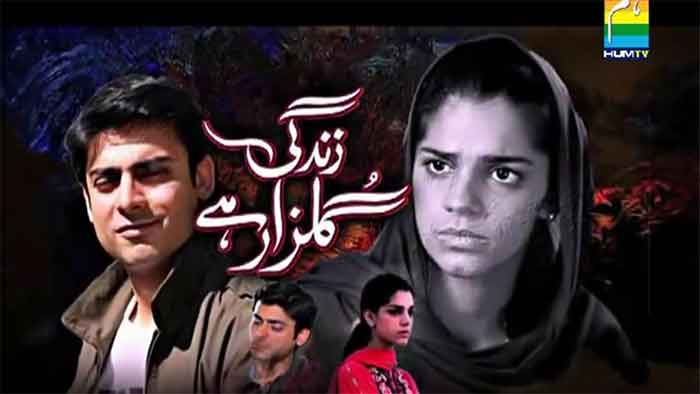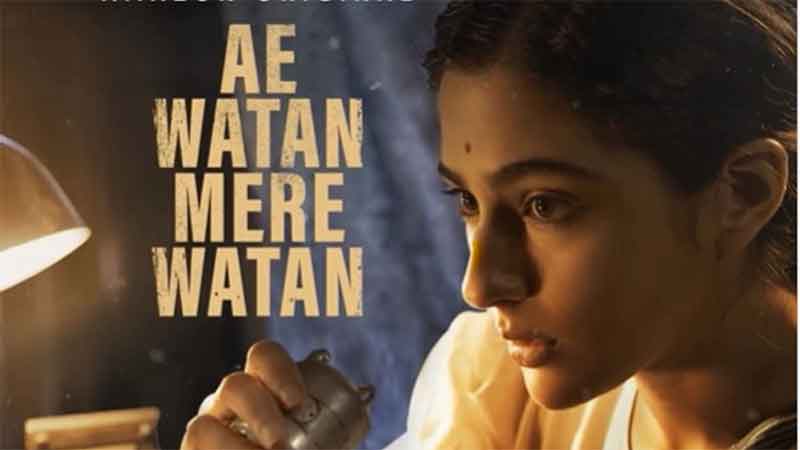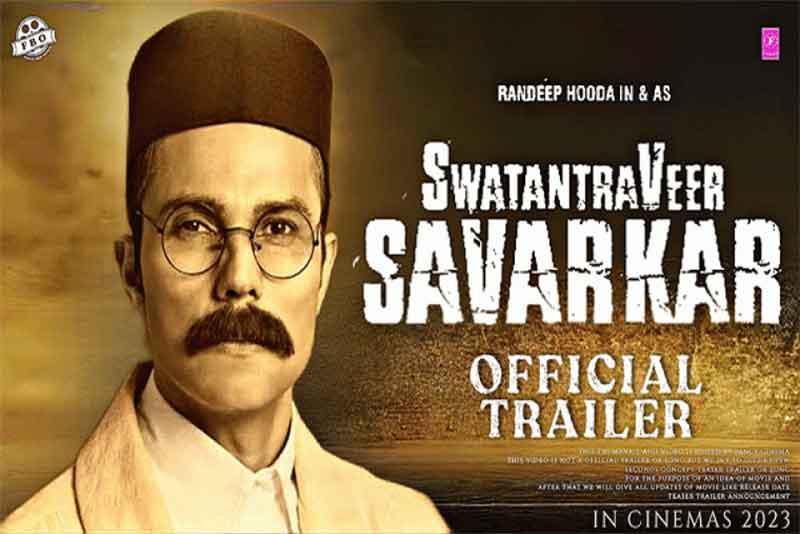
Zindagi Gulzar Hai ( Life Blossoms Like A Garden ) , the 26-part TV serial from Pakistan just keeps going from success to success. After breaking popularity records when first shown on Hum TV in 2012-13, the serial had to be repeated. It went on to become hugely popular in India and Bangladesh. This was followed by repeated shows in Iran and then in Turkey. Malaysia was its next destination. It was translated in Arabic and shown in 13 Arab countries. It is still watched regularly on Netflix by viewers seeing it for the first or the umpteenth time.
So what exactly explains the great and enduring success of this TV serial ( directed by Sultana Siddiqui, produced by Momina Duraid/Moomal Productions and based on a novel of the same title by Umera Ahmad )in so many countries, particularly those in South Asia and West Asia? First of all, let us acknowledge the very good qualities of making a great TV serial from a very good book. The characters are very well drawn up, the acting is great. This is true not just of the two main characters of the young lady Kashaf Murtaza ( played by Sanam Saeed) and Zarun Junaid ( played by Fawad Khan ) but of most other characters as well. Special mention may be made of the brilliant, restrained performance of Sameena Peerzada as Rafia, the mother of Kashaf. In fact a lot of care is bestowed on some of the lesser roles as well ( for example the two sisters of Kashaf) as well as on the sub-plots involving them. Situations and locales are realistic and people can identify with them. There are some very poignant situations, but also a lot of wit and humor. Romantic scenes are more realistic, instead of being cliché-ridden, and in fact deliberately mock clichés at some places.
However these good qualities cannot by themselves explain the great and persistent popularity of this TV serial beyond national boundaries, nor can be these be explained merely in terms of the admittedly very good looks and fan-following of the lead pair. Instead we must look for causes of its great and enduring popularity more in a sociological context , in fact more specifically in terms of the constant conflict between tradition and modernity as well as the efforts to somehow reconcile the two that is so characteristic of the societies among whom this serial has been such a great success.
The impact of tradition or modernity is seen in terms of lifestyle and consumption patterns at the more apparent level, but really it is the impact on various human relationships, particularly man-woman relationships, which is the most important aspect of human life. People , particularly youth who have more chances of being exposed to both impacts, try , consciously and not so consciously, to see their various options in terms of tradition and modernity. They also try to reconcile these influences and struggle to find the ideal mix.
In the situations and characters of Zindagi Gulzar Hai we find repeatedly a good depiction of these options, the thinking around them, the struggles to find the right mix, the limits one sets, the results that follow from the choices made, the comment this draws from various characters, the role of class-differences in making the choices. This secures very intense involvement of the audience as viewers can hardly bear to wait to see how the various options and choices made and their results will play out in the next episode.
However the ideals are really set neither by the heroine nor by the hero ( both of whom are prone to making mistakes despite being so ‘good’, something which adds to the gripping tensions of the great drama). This honor belongs instead to Rafia, the mother of the heroine. This is why the role of this elderly lady is the most crucial and fortunately we have Sameena Peerzada to do full justice to this great responsibility.
In this constant tussle between tradition and modernity and in trying to understand tradition and modernity, the role of Rafia sets the ideal. As an abandoned woman who toils all her life with great honesty to successfully bring up three daughters and set them on the road to progress, she sets her own standards of reconciling tradition and modernity. She is modern in the sense of believing firmly in the education and wider social role of women. She is traditional in the context of recognizing the need for women to make many compromises and even sacrifices for saving family and marriage. She is deeply religious but in a progressive spiritual sense, as her devotion to God provides her the courage and optimism which she really needed in negotiating the great difficulties which she faced in much of her life.
Rafia really sets the standards in the critical task of negotiating tradition and modernity. Subconsciously perhaps but the viewer starts expecting that the right advice for the main characters will come from her. As the story unfolds, the choices that turn out to right and fruitful tend to be those which are so close to the worldview of Rafia, while those which violate her worldview have sad and disruptive results. This is not just true of the main plot but also of the sub-plots. In a world of uncertainties and difficulties, the ability of Rafia to ideally balance tradition and modernity and to practice spirituality in a way that keeps giving hope and courage becomes the standard setter on the basis of which other characters and situations are judged.
Bharat Dogra is a journalist and author. His stories and novellas including A Day in 2071 and Mahatma Gandhi Returns to Earth have been published in Countercurrents.org while his collection of Hindi short stories titled Sachai Ki Kasam ( Under Oath for Truth) was published recently.
GET COUNTERCURRENTS DAILY NEWSLETTER STRAIGHT TO YOUR INBOX

















































